Love doesn’t always come from the first sight. Nothing also guarantees a long-lasting familiarity will grow into love. Even more so, arranged love, although for some, it works. But, it’s not so popular these days. So, how in the world do you find true love?
Well, there is a saying, “If you want something done right, do it yourself.” Why bother seeking relationship among humans who are potentially one inconvenience away from becoming Eren Yaeger and throw a rumbling? However, Some people did literally make their own solution.
Sculpting a life-partner has been tried by Pygmalion, a character of an old Greek tale. However, the term Pygmalion effect means to put a higher expectation to someone and they will eventually perform their task better. Heck, there is even an academic study behind the term.
It is eerily similar to what Pygmalion did in the Greek story. He sculpted a statue. And then, that statue becomes a living woman that he fell in love with. Sculpting could metaphorically represents educating or guiding a person. Let’s jump deeper into the story first.
Pygmalion, The Sculptor
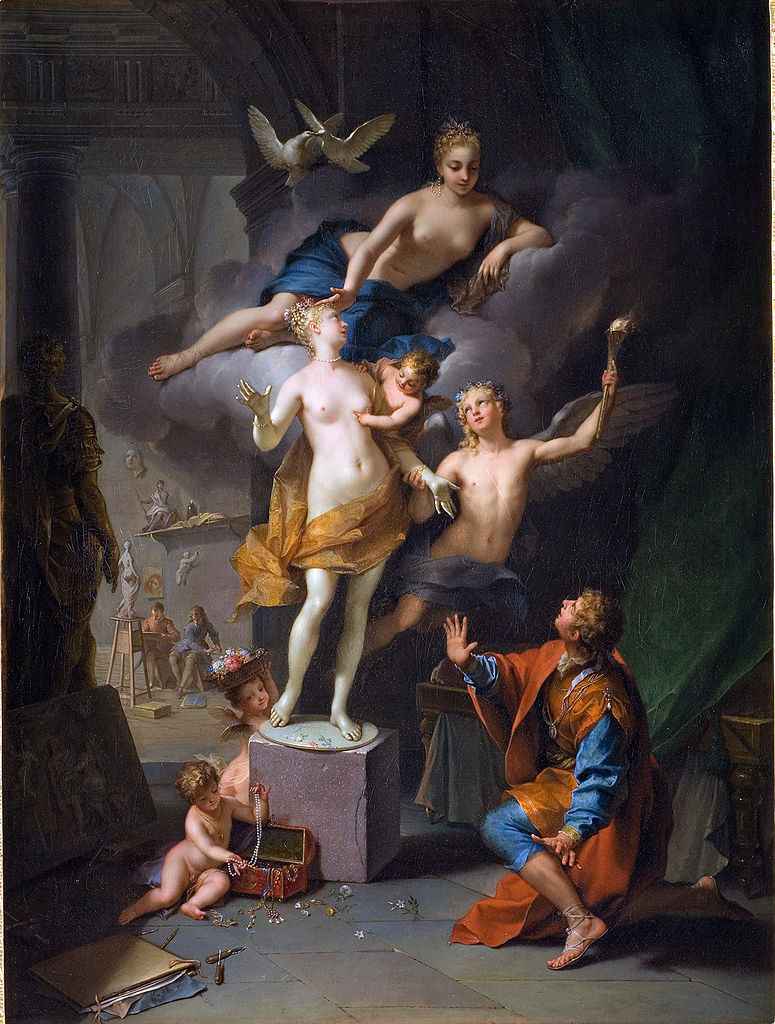
The story of Pygmalion, the talented sculptor, is featured in book ten of Ovid’s Metamorphosis. After witnessing a woman prostituting herself, Pygmalion became disgusted, and he decided to keep his purity. But, his inner desire for the beauty of a maiden still remained.
So, out of a white ivory, he sculpted the perfect figure, the perfect face, and just like that, he fell in love with his own creation. Considering how good ancient Greek statues are, can’t blame the man really.
However, his love for his ivory lady slowly became more and more unhealthy. He dressed it, and put jewelry on it. He kissed it, and imagining they were truly exchanging passion. The only thing left to do, was to marry her. Like how people would marry a body pillow.
He continued to adore his ivory-waifu until the Venus’s festival day came. Pygmalion prayed to Venus that he’d be granted a bride as beautiful as ivory, his ivory he might add. Venus knew what he wanted, and then she gave life to the ivory statue.
Pygmalion eventually married his own creation with Venus’s blessing. A stunning woman made out of ivory. Certainly, this man lived a life dreamed by a lot of fan-artists.
Parentless Children For Childless Parents
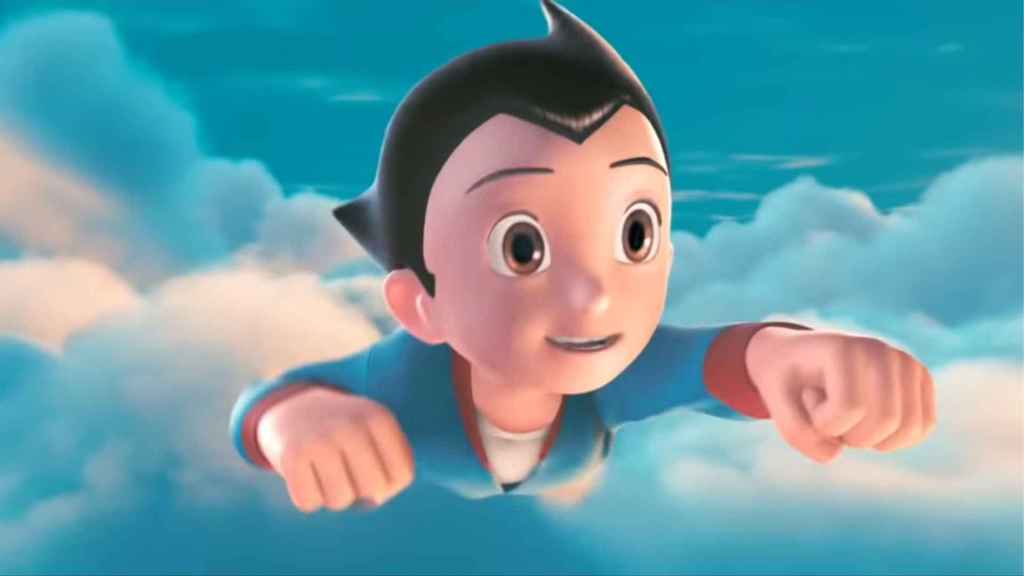
Even though the Pygmalion theme is predominantly romantic, it is not limited to other forms of love, parental love for example. The classic anime, Astro Boy, depicts this kind of love between an artificial child and his creator really well.
Dr. Tenma who is a scientist, just lost his son to a car accident. In his grief, he makes a robot child which oddly resembles his dead son, and names him Astro. Although Dr. Tenma does love his inorganic child, he soon comes into a realization that his heart remains empty. More so, Astro can’t appreciate human’s aesthetic and he will forever be a child.
Dr. Tenma decides to adopt Astro anyways. Despite in the story Astro grows to be more violent, Dr. Tenma comes back to him and guide Astro with warmth and kindness. Soon, they discovers that Astro is actually capable of procession human emotion. Astro then goes out spreading justice under the guidance of Dr. Tenma.
The love between Dr. Tenma and Astro is genuine. It comes from a real parental instinct and Dr. Tenma’s grief over the lost of his son. It would be strange to think Dr. Tenma’s compassion, guidance, and wisdom for Astro is not a true fatherly love.
Twist It Romantically
While parental love is among the subversions of the Pygmalion trope, this is what you might really be here for. After all, this trope is extremely common in love stories. The romance genre in anime has countless titles involving this trope, especially if they employ the age gap romance story.
Love stories between a creator and the created does exist in anime. Namely, in the manga and anime series, Chobits. This story is not quite the typical age gap yet, but Chobits’ story resembles the Pygmalion trope almost perfectly.
The story is a bit similar to Astro Boy, in terms of the sci-fi world, and robotic main character, at least. A poor and humble young man, Hideki Motosuwa is going to the big city to pursue higher education. His first culture-shock is when he sees so many persocom in the city. A persocom is a type of android in this world.
Anyway, after finishing his shift at work, he sees an abandon persocom, just laying down surrounded by garbage. He decides to take her in and take care of her as his own. This particular robotic girl, named Chi, turns out to be an extraordinary robot. As time goes, he develops feelings toward Hideki, not something a persocom should be capable of.
Chi turns out to be a special kind of persocom called chobits. They are supposedly able to understand human emotion, and so Chi actually can go head over heel to Hideki. The series mostly shows how cute and adorable Chi to Hideki is.
Although Hideki doesn’t create Chi per se, his presence for her, and eventually he taking a good care of her makes a close enough Pygmalion story. While he doesn’t have the means to make his own persocom, he essentially has spent his time raising one, the one that can develop feeling on top of that.
Does It Make The Age Gap Romance A Bit Problematic?
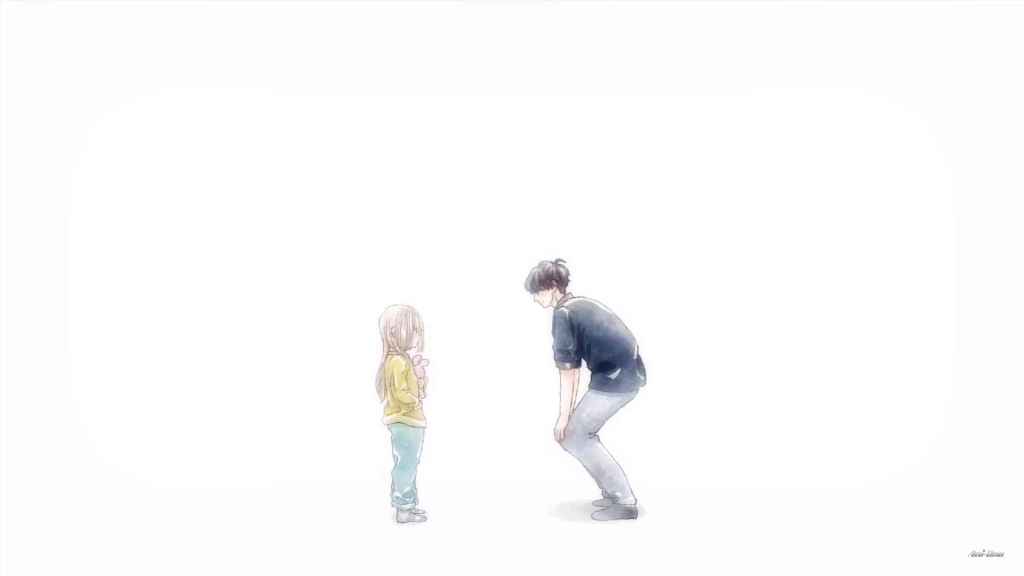
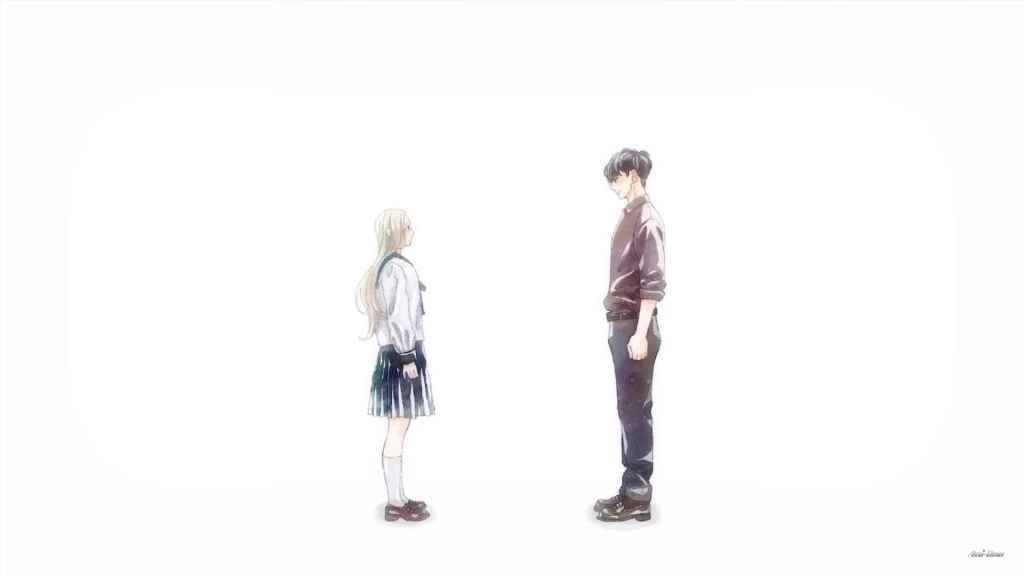
Both examples so far only mention relationships between a human and a robot. It is true that in stories, a robot can develop emotions to their human creators or caretakers.
However, an age gap romance plot can quickly turn into a controversy, if the two main characters are people. For example, a guy takes a girl to live in his place. And the girl is younger, much younger. The guy teaches her so many stuffs, maybe about his profession, his habits, and potentially impresses her or at best makes the girl overcomes her trauma.
There is a “but” though, remember that Pygmalion purposely sculpted the perfect image into a statue that eventually became his wife? if the much younger girl is suddenly involved in a romantic relationship with the guy, it seems like he does everything purposefully to get the girl’s heart. When it’s not a statue, it sounds like a crime, right?
This controversy is exactly what happened to Higehiro and A Girl And Her Guard Dog. These two anime received backlash and hate solely because of their premise. Higehiro’s story revolves around a runaway high school girl who takes refuge in an adult man’s home. While A Girl and Her Guard Dog is about a young woman’s romantic development with her yakuza caretaker.
In Higehiro, the controversy is more apparent. This is because in Japan, taking in a minor is a crime. Also, the female lead doesn’t do any help to her anime by being heavily flirtatious at times. However, what’s more is that the male lead is written to guide her, and sort of “fix” her jaded perception. See? there is a Pygmalion feel around here.
On the other hand, A Girl and Her Guard Dog received a harsher backlash due to its premise’s similarities to grooming. The male lead is portrayed as the female lead’s father figure. And for the most time, he also views the female lead as someone to take care of. However, the controversy sparks when the male lead does guard her from other boys of her age, making him looks oddly overprotective.
This is the main problem of the Pygmalion trope. This trope is a dangerous path for writers who wants a story of a “sculptor” guiding their “ivory statue”, but without a caveat that the romantic interest won’t become a victim of abuse.
The danger behind age gap romance stories makes this one of the most hated anime clichés. Additionally, the Pygmalion trope won’t help its notoriety either.
There are still some ways to make this trope less damaging for the author’s reputation, especially if the story involves an age gap. Subversions like the parent-child love, or fully down on the artificial creation turn are actually pretty acceptable. However, just remember to make the “ivory statue” to be alive, or else the protagonist would just end up being a delusional person.
The World Has No Perfect Waifu, Fine I’ll Do It Myself
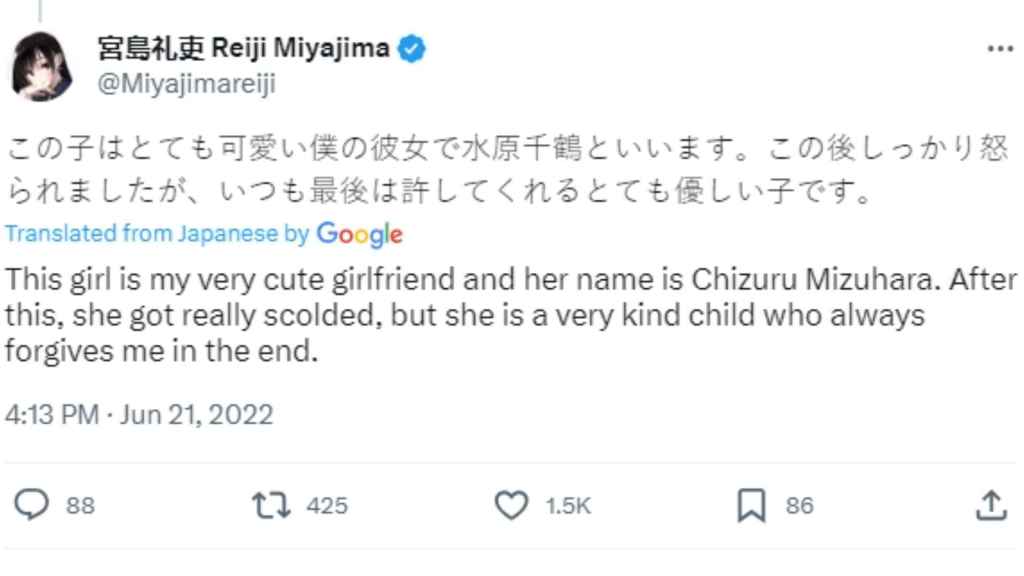
Speaking of delusions, it is funny that the story in the anime industry that very closely resembles the Greek Pygmalion’s story actually happened in real life, not on the screen. This is what happened to the author of Rent a Girlfriend.
Reiji Miyajima, in mid-2022, got a ton of reality checks and criticism from his fans due to his constant tweets about one of his character in Rent a Girlfriend.
The character in question is Chizuru Mizuhara, a rental girlfriend who goes on dates like going to the theater, strolling around a park, or enjoying her day in an arcade. All that is done with a stranger who is willing to compensate her. This service is actually rather common in Japan, and it has very strict regulations from the agencies to protect the girls.
In any case, the controversy around Miyajima escalated after he released a chapter where the male lead is fantasizing about Chizuru. Fans began theorizing that the mangaka has actually lost it and is beyond help. This is definitely a Pygmalion trope at work. Miyajima was actually only a Venus’s blessing away from living what Pygmalion had.
The Pits In The Pygmalion Trope

The Pygmalion trope is among the most difficult tropes to write both in movies and anime. Suffice to say, to write this trope while relying on the age gap alone would be like skating on a thin ice. The author would effectively depend their reputation on two birth dates.
It is pretty clear that relationship between people in this trope is rather dangerous. The solution of decreasing the age gap or simply making the two main characters as consenting adults might work just fine.
However, to be true to the original Pygmalion story, it is necessary to make the romantic interest not a human. The struggle that comes with delusions, a deprived state from affection, and perfectionism can be sources of a good storyline.
What would be more intriguing is when an author decides to make the “ivory statue” impossible to come alive, despite the main character’s effort. As they slowly fall on the depression slopes, the real romantic interest comes to snap them out of the delusion.


Leave a comment